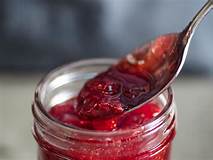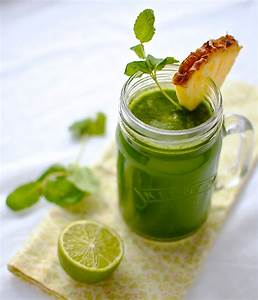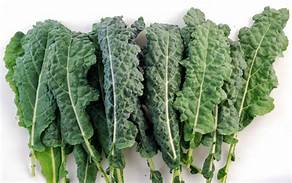Importance of well balance diet
All food contains all of the nutrients we need to be healthy, it is necessary to eat various foods in sufficient amounts. A good diet will include many different foods, and sufficient in quantity and quality to meet an individual’s need for food energy and other micro nutrients.
BANANAS
Typical serving size:
1 banana (4 oz to 114 g)HOW THEY HARM
WHAT THEY HEAL
It comes in its own sealed, portable container and is one of the healthiest foods on the planet
One banana has about 100 calories, is loaded with potassium (400 mg) and fiber (3 g) while containing no fat
The very popular yellow banana of Cavendish is the banana we see in grocery stores
Plantains, finger bananas, and red bananas are also popular
Health Benefits
Reduces stress, anxiety, and depressionBananas contain tryptophan and 30% of your day’s vitamin B6, which helps the brain produce mellowing serotonin
Tryptophan and B6 will help you get through the day with less stress
Tryptophan also helps to relieve depression and anxiety
Controls high blood pressure
The potassium in bananas helps to keep your blood pressure levels down
Keeps blood sugar levels steady
The vitamin B6 in bananas helps even out blood sugar levels, helping you to avoid blood-glucose highs and lows
Boosts your workouts
The natural sugars in bananas give you long-lasting energy, while the potassium helps keep you alert and prevent muscle fatigue
Eases teething pain
Offer your baby a frozen banana (peeled, of course)
The banana thaws quickly as your baby chews on it, and the cool fruit soothes the gums
Combats sleeplessness
Tryptophan, the same amino acid that eases stress, can also help induce sleepiness
Have one before bed for better shut-eye
Health Risks
Allergic reaction. If you are latex-sensitive, bananas may also trigger an allergic reactionAllergies
Buying Tips
Most have a soft texture when ripe
Best eating quality has been reached when the solid yellow skin color is speckled with brown
Storing Tips
The peel may turn brown in the refrigerator, but the fruit will not change




